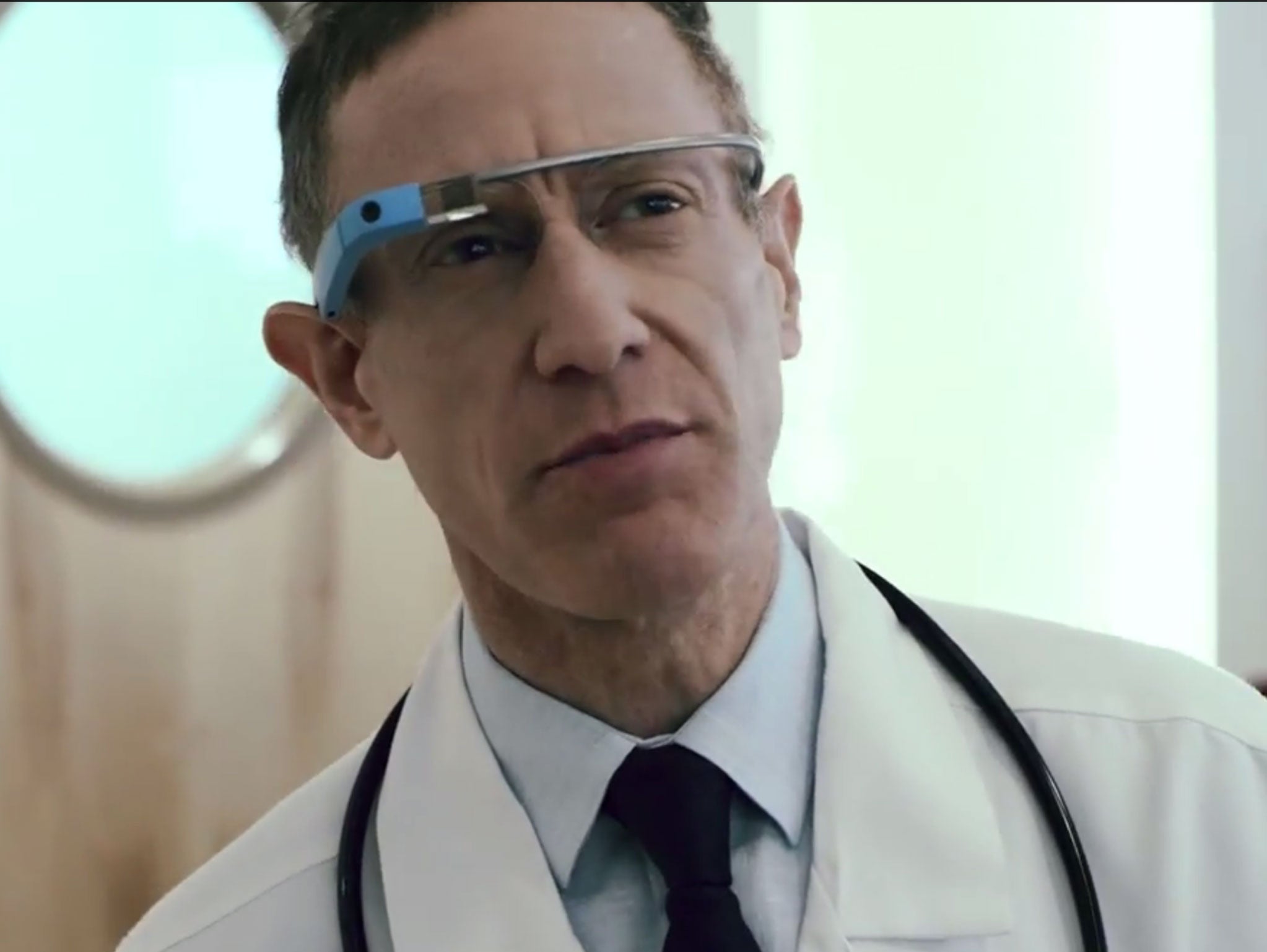'Google Glass helped me save a life' says doctor, as Google push medical applications
Glass offers professionals internet access while keeping their hands free

Google has launched a new initiative aimed at showcasing the practical capabilities of Google Glass, including testing the device in various medical settings.
In one trial in the US a doctor reported that the wearable computer helped him to save a patient’s life by providing quick access to medical records. Dr. Steven Horng from the Beth Israel Deaconess Medical Center used Glass when a patient with bleeding in the brain was brought into the hospital.
The patient needed blood pressure drugs to stop a haemorrhage but told Horng that he was allergic to some of them and couldn’t remember which. Instead of looking through the man’s medical files by hand or searching on a computer Horng called up the information on Glass and was able to administer the life-saving medication.
The story, first reported by the Boston Globe, is one of several that have emerged at the same time as Google announces the Glass for Work initiative, which the company hopes will primarily help jobs in which an internet connection is often needed but not always readily available.
The internet giant has set up a number of trial schemes with a range of institutions. As well as hospitals, they've also supplied Glass to various sports teams, with the wearable computer used to live-stream footage from the player's perspective to both fans and coaches.
In order to bolster the medical utility of Glass, Google has partnered with Wearable Intelligence, a company that builds specialised software for the device that adapts to it a number of industries – including medicine:
The company’s medical software allows doctors to tap into patients’ data (which will not be shared with Google) only when connected to the hospital Wi-Fi – a tweak that lessens the chance of a stolen device being used to reveal sensitive information to outsiders.
The device is also being trialled in the UK at Newcastle University, where research funded by Google is used to help individuals suffering from Parkinson’s disease. The device allowed wearers to offset their motor symptoms (including rigidity and tremors) by accessing the web with voice commands, as well as providing reminders about taking medicine.
Although there are still many privacy concerns surrounding Glass (facial recognition remains a worry for many, despite Google banning its use), Google are hoping that putting the technology in the hands of trusted professionals will help abate some of the stigma.
However, there still seems to be some underlying distaste regarding the technology. Although one of the doctors trialling Glass in the US reported that patients were never more than “intrigued” by the device, the actual users in the Nottingham trial were less comfortable.
Patients mentioned a number of problems including the possibility that the device would make them a target for thieves and that the video streaming function could be abused by “overly concerned relatives” who use Glass as way to “control family members with a medical condition”.
When wearing the device out and about there were also mixed reports regarding public reaction. Some user said that the attention was “not excessive” while others found it “quite hostile”. “People were looking at me. They were staring,” said one user. “It was almost like [they were thinking] ‘you’re up to something’.”
Both these trials in the US and UK have interesting implications for the future of Glass. While the wearable technology obviously has lots of applications outside of mainstream use, it looks like it will be more quickly accepted in professions with built-in authority (the doctors in the US) than when worn by the general public (the Parkinson's sufferers).
Subscribe to Independent Premium to bookmark this article
Want to bookmark your favourite articles and stories to read or reference later? Start your Independent Premium subscription today.

Join our commenting forum
Join thought-provoking conversations, follow other Independent readers and see their replies